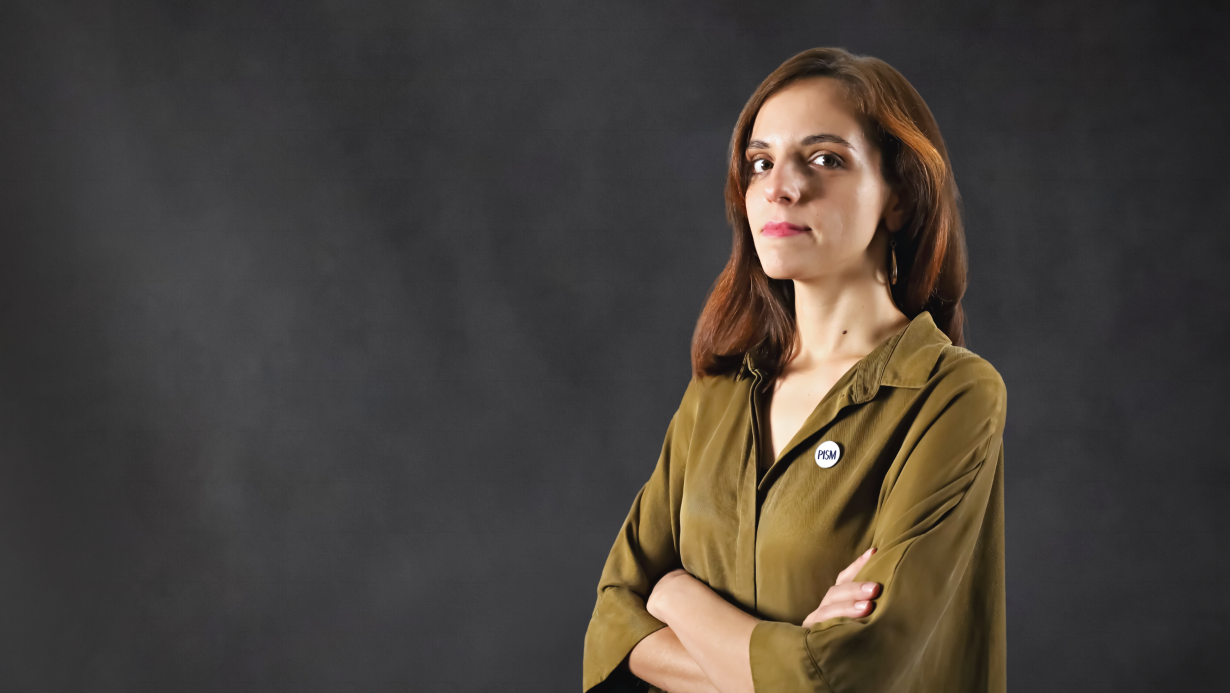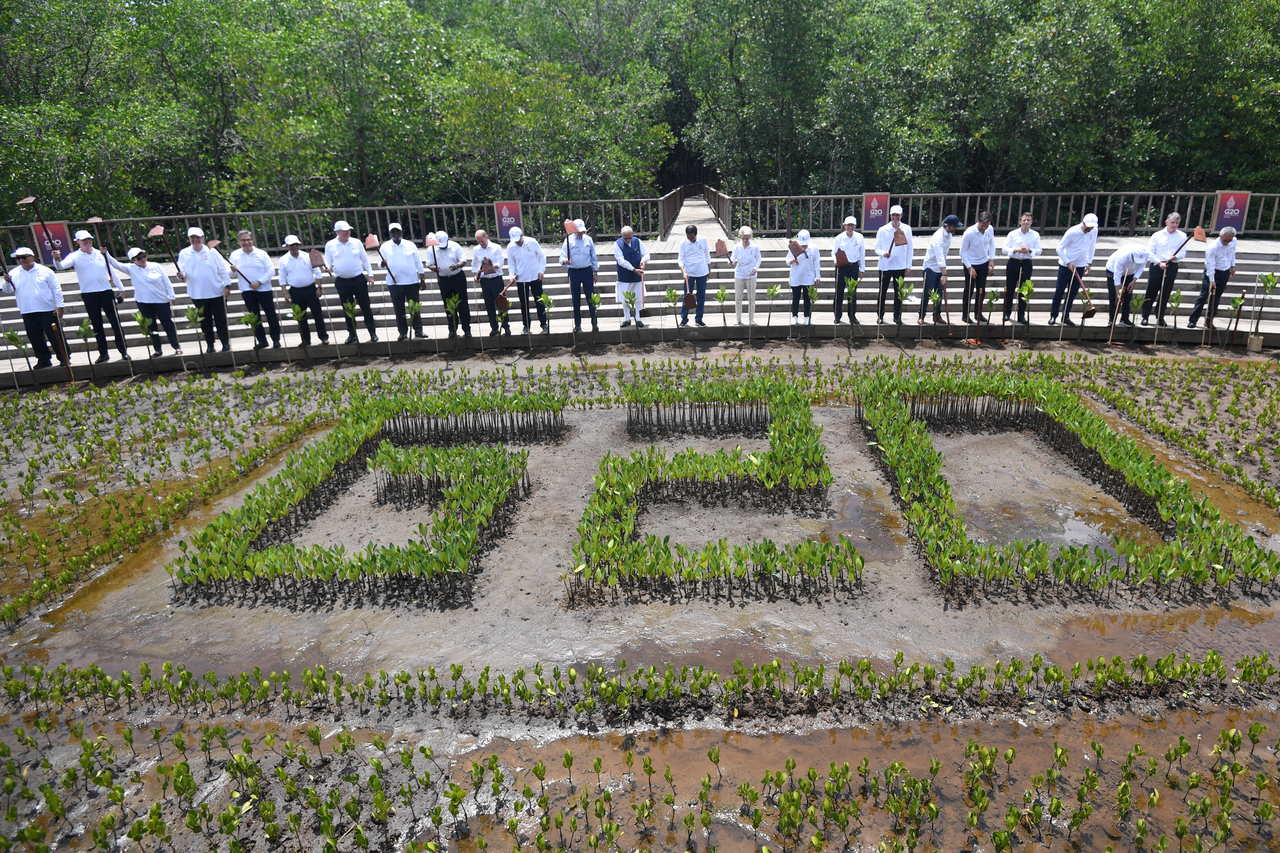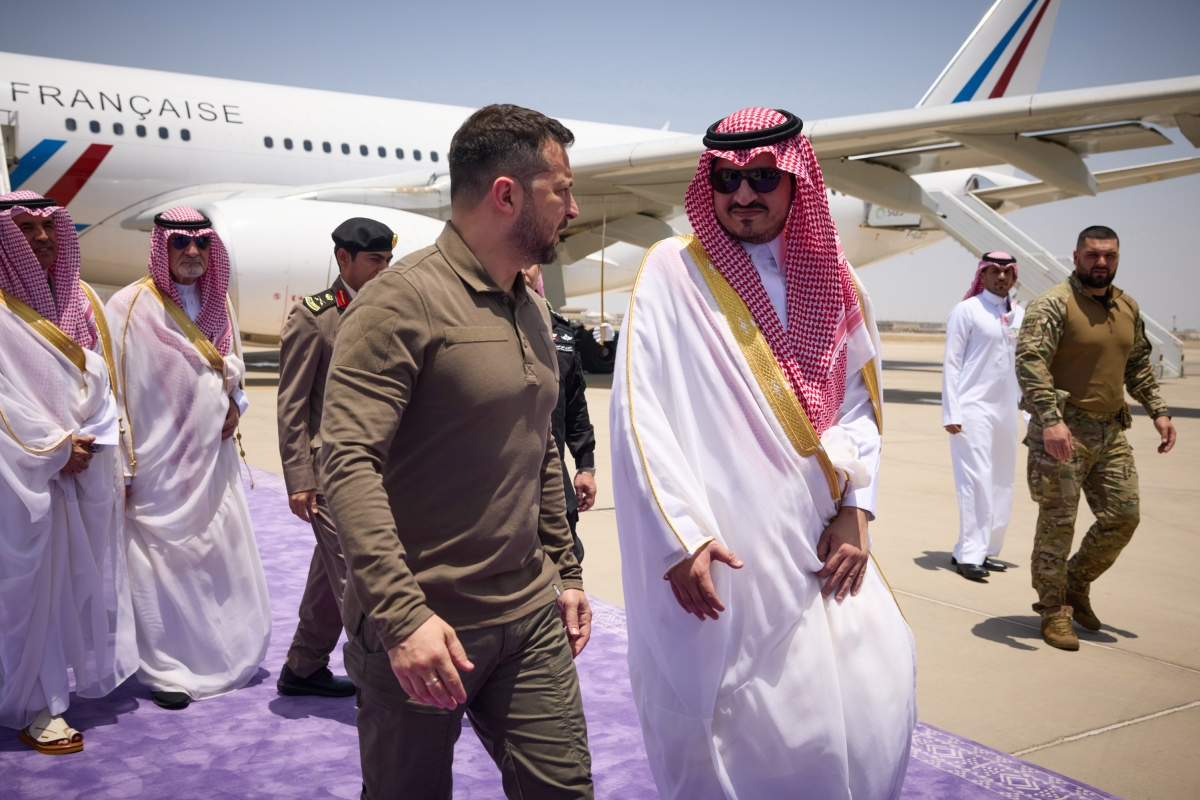Saudi Arabia Hosts International Consultations on Peace in Ukraine
International consultations on peace in Ukraine were held in Jeddah, Saudi Arabia, on 5-6 August. They were attended by representatives of 40 countries, including those from Africa, South America, and Asia. Russia was not invited to the talks. The meeting was a platform for efforts to build support for a peace plan emphasising the restoration of Ukraine’s territorial integrity among countries that have not yet taken a firm stance on Russian aggression.
.jpg) SAUDI PRESS AGENCY / Reuters / Forum
SAUDI PRESS AGENCY / Reuters / Forum
What have been the most important initiatives undertaken so far for peace in Ukraine?
Over the past year, China, Brazil, Indonesia, African states, and others have put forward their ideas for peace. In the Ukrainian government’s view, however, they were a kind of mediation favourable to Russia, which is not giving up its attempt to subjugate Ukraine and destroy its nation. In response, last November at the G20 meeting in Bali, President Volodymyr Zelensky presented a 10-point peace plan (described as a “peace formula”), which he has since consistently promoted, including at the Arab League and G7 summits. Zelensky’s aim is to generate interest in the formula among as many countries as possible, whether they support some or all of its points, and thus increase pressure on Russia to withdraw from Ukrainian territory.
What does the Zelensky peace plan contain?
The plan includes 10 points that refer to articles of the UN Charter and proposing conditions for ending the war. According to the formula, negotiations must be preceded by the withdrawal of Russian troops from Ukrainian territory within its internationally recognised borders and the cessation of hostilities. Russia should answer for its crimes and provide compensation for the damage caused to Ukraine. It is also important to ensure Ukraine’s nuclear and energy security in order to reduce the possibility of blackmail by Russia in the future. Furthermore, to ensure global food security, among other things, Russia should unconditionally unblock the Black Sea.
The formula is intended to allow other countries to define their priorities among the points in the plan and to commit to their implementation. The negotiations are to culminate in a world summit at which a peace treaty between Ukraine and Russia would be signed while the other participants would be its guarantors.
What was the course and outcome of the Jeddah meeting?
The Jeddah meeting was the second global discussion of the peace formula, following a smaller-scale meeting in Copenhagen. The discussions, both online and in-person, in Saudi Arabia gathered representatives of 40 countries from Europe, the Arabian Peninsula, and North Africa, as well as Turkey, Japan, Chile, Brazil, India, China, and South Africa (four of the five BRICS countries, which are part of the group created as a counterbalance to the influence of Western countries in the world). The Ukrainian authorities also managed to hold bilateral talks with countries with which they have no regular contact, including Qatar, South Africa, and Bahrain. This helped to consolidate support for the Ukrainian peace formula around respect for the principles of the UN Charter, international law, and the sovereignty and inviolability of the territorial integrity of states. In addition, the participating states are to set up working groups to focus on the details of key topics in the Zelensky plan.
Why did the consultations take place in Saudi Arabia?
A factor in choosing Saudi Arabia as host was the Ukrainian leadership’s belief that the Kingdom’s good relations with China and those two countries’ similar stance on Russian aggression would result in China accepting the invitation. This was based on the conviction that China’s presence is crucial to building global support for the peace formula. The organisation of the talks in Jeddah also highlighted the importance of the war for the global order, undermining Russia’s narrative about the exclusively European nature of the conflict. It also increased the legitimacy of the global nature of the meeting among developing countries, which often criticise Western support for Ukraine as reinforcing “hegemony”.
The meeting also contributed to the consolidation of Saudi Arabia’s image as an Arab leader capable of influencing the global situation, and the wide range of participants helped to question the reasonability of Western pressure for it to adopt a stance towards the war closer to that of the West.
What was the significance of the meeting?
The meeting focused on building solidarity with Ukraine among non-Western countries. So far, many of them have not taken a firm stance on Russian aggression, maintaining good relations with Russia. The talks in Saudi Arabia were therefore intended to counter the widespread perception, particularly in Arab states that, although Russia is responsible for triggering the war, U.S. actions are extending it. The presentation of the Ukrainian perspective on Russia’s policy was also intended to challenge the image popular in the Global South of Russia as an opponent of imperialism countering the West’s colonial history. The talks also highlighted Ukraine’s support for strengthening the role of the Global South in building the international order while pursuing their interests, including food security. This helped to garner support from participants to continue the peace process.





